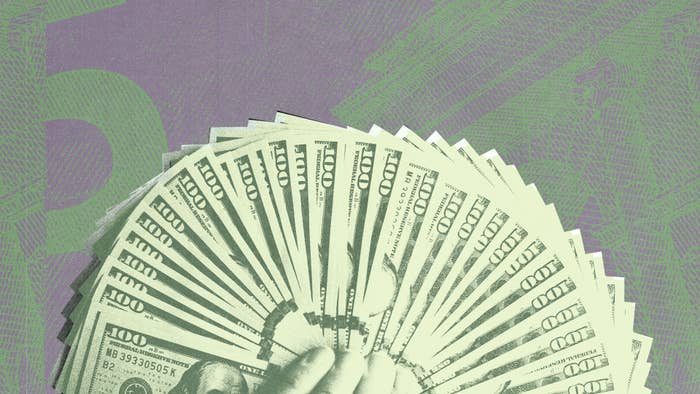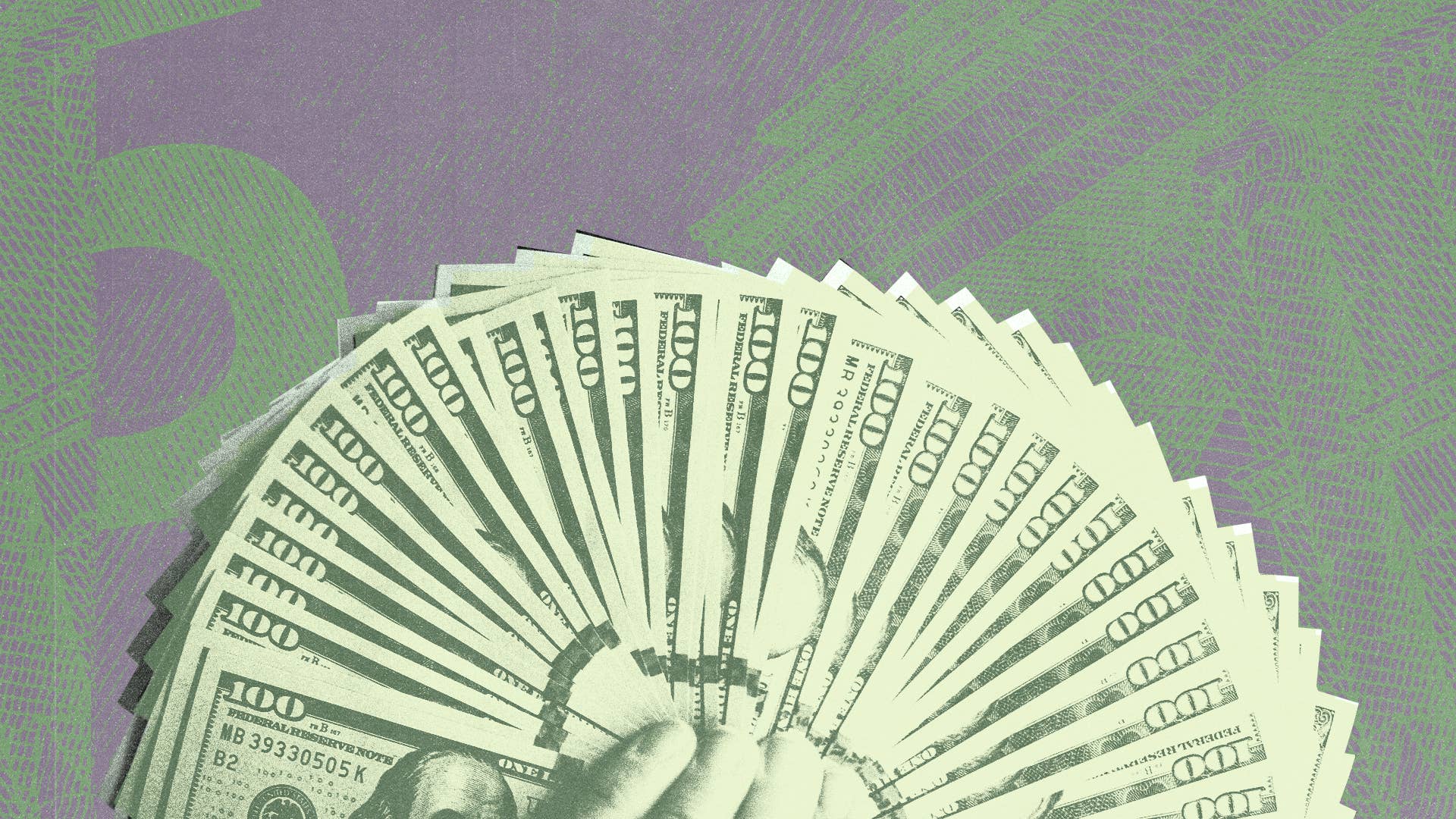
Over 22 million jobs were lost by the pandemic in 2020, and a May 2020 article reported that the 14.7 percent unemployment rate reached levels unseen since the Great Depression. Joe Biden extended the eviction moratorium for 60 days in areas with high infection rates, but 10% of the nation’s renters are still at risk of being evicted. It wasn’t a recession on social media, however, where many celebs’ conspicuous consumption continued to garner high engagement.
Yo Gotti dropped a track to inform his fans that he was “Recession Proof.” Cardi B stirred controversy last October by asking Twitter whether she should purchase an $88K Birkin bag. Days before, Saweetie posted a clip letting women know that if “he not paying for your Birkin, if he not paying for your bills, then throw that n**** back to the streets”—while an estimated 30-40 million people were at risk for eviction. She later apologized for her comments. In September 2020, Rick Ross posted a video showing off an aerial view of his 109-room mega-mansion in a state where an average of 10,000 people experience homelessness on any given day.
As Saweetie noted in her apology, these moments were meant to be extensions of the artists’ gaudy public image, but they were also out of touch displays during a pandemic that’s costing people their homes and jobs en masse.
Some artists can’t resist demonstrating to their fans how broke they are, and how they should be working harder. And some of us can’t resist indulging in material masochism. Flossing and hustling has always been a part of hip-hop, and it’s accepted by most fans as aspirational and awe-inspiring. There’s nothing inherently wrong with wanting to floss—this piece isn’t meant to critique everyone who pops out with a nice watch or car. But sometimes the flexing crosses a line, whether it’s insensitive timing or outright poverty shaming.
Many of us are conditioned to believe that living life to the fullest means consuming to the fullest.
The antics have continued into this year, with several tone-deaf instances of artists flouting their money as a defense mechanism. Kodak Black threw a reported $100,000 in the ocean and flushed 100-dollar bills down the toilet as a confusing expression of displeasure with his “disloyal” artist Jackboy. J. Cole took a moment on The Off-Season’s “applying pressure” to let fans know, “If you broke and clownin’ a millionaire, the joke’s on you.” And Coi Leray has twice posted videos throwing money as a response to criticism. In early July, she tossed money in a mansion when her XXL freestyle was given a thumbs-down by many. And she recently threw more money in a pool as a retort to criticism of her Rolling Loud performance.
We get it, guys. You got money. But artists flossing cash is an odd gesture in the first place, considering that they’re boasting proceeds earned from the very people that gave them the money. Economic anthropologist Jason Hickel recently tweeted, “Millionaires and billionaires don’t *produce* volume, they primarily *capture* value produced by others.” And while his tweet may have been more directed at the Jeff Bezos’ of the world, it’s also true of entertainers. Artists’ riches are a reflection of capturing the collective patronage of their fanbase. Whether they earn the money through direct-to-consumer merch and product sales, or through endorsements from corporations seeking to sell products to their fanbase, their earnings are linked to the people. And none of the flexing negates people’s criticisms, or makes them unworthy of levying them.
Many people in African and Caribbean communities participate in communal money-sharing clubs popularly known as Sou-Sous. The general premise is that each person contributes an equal amount of money into a collective fund, and at the end of a varied period (monthly or biweekly), one person benefits from the lump sum pot. The cycle rotates and lets each contributor take advantage of their consistent investment to periodically get a large lump sum. Consider how it would look if, for one month, a person receiving the lump sum then sent pictures of the cash back to the rest of the contributors and started calling them broke as if it wasn’t all their collective money. They’d probably be kicked out of the circle. But so many of us revel when entertainers perform the same action of flouting our proceeds back at us.
Artists wouldn’t be flossing if they weren’t getting some positive feedback. It seems like for every person who sees Ross’ monstrous estate, and tweets, “On god I hate rich people so much. You niggas buy unnecessary shit for no reason,” there’s another person, like a fan who replied, “Bro we gats get this money for real” under a clip of the home. Many of us are conditioned to believe that living life to the fullest means consuming to the fullest. Capitalism, consumerism, and materialism intertwine to compel millions of people to seek proximity to the luxury lifestyle, even if it’s through a fake designer belt or taking a picture next to a foreign car. Our system relies on an underbelly of poverty, which means that most have-nots can only seek vicarious thrills through the spoils of the rich. Watching others flexing is aspirational for those who aspire to make money of their own.
Which is partly why not all flossing is bad. There are plenty of people who are critical of systemic inequality but also have a penchant for nice jewelry, fancy cars, and high fashion. We can like nice things, and have nice things within reason—but it’s about how we carry ourselves with it. Pimp C famously said, “Don’t look down on the youngsters because they wanna have shiny things.” That’s true. But elsewhere in the interview, he referenced the “benefits” and “blessings” of fame that he was experiencing. Once celebrities stop regarding their riches as blessings, and start weaponizing them against the people who gave them the funds, it marks them as gluttonous wealth hoarders who take their fans for granted.
Too many poor people are suffering from an inequitable system, and not enough aid is being distributed. Instead of redistributing their wealth, celebrities are telling us we’re not working hard enough—even though we’re putting in enough work to keep them rich.
Celebrities also shame fans by serving as prosperity preachers for Black capitalism and #grindmode as the pathway to riches. They claim “there’s enough money for everybody,” urging people to work harder, but ignoring that one pathway for genuine equity would be redistributing their wealth. They take to social media to implore us to grind first thing in the morning, and tell us we all have the “same 24 hours,” ignoring the systemic factors that offer some people more opportunity than others. They amplify their poverty-to-plentiful stories as a possibility for everyone instead of interrogating why so many people are in poverty. The manifestations of systemic inequality get dismissed as “excuses” by stars, and their rhetoric is so often amplified by fans who believe they’re capitalists, but are simply being capitalized on. Their “motivational” antics serve the 1 percent that depends on a workforce hopelessly fixated on productivity and consumption.
Mr. “no one cares, work harder” Diddy recently posted a video of himself on the beach, telling us he went from “15 roaches on his face” to a backyard with an ocean view. Many people living in poverty desire the same kind of comeup. But capitalism necessitates that it’s not going to happen for the overwhelming majority of them. It would have been fine enough for him to tell viewers to try to get a vacation to wherever he was—which is realistic. But him demanding viewers to “not allow yourself to not have mangos and the ocean as your backyard” is a smack in the face to the physical laborers, overworked teachers, firefighters, and others who likely expend more energy than he does on a daily basis just to eke out a modest (at best) living. Simply “working harder” isn’t going to uproot systemic inequality. Actually, if the proletariat class wasn’t already being overworked, the economy would have already buckled, and his life of luxury would look drastically different today.
Celebrities are spokespeople for the surreality of late stage capitalism, where the middle class is nonexistent, and too few want to admit that the American dream they’re selling is a delusion. While people experiencing homelessness aren’t even allowed to sleep on park benches at night, others have more money than they know what to do with, and are literally throwing it away or spending it on something so excessive that its price tag is more important than its function. All the while, poor people spectate the show, so hopelessly devoted to the individualist path to riches that we romanticize being overworked as a rite of passage our faves went through, celebrating being shamed while waiting on the remote chance to do the same.
Too many poor people are suffering from an inequitable system, and not enough aid is being distributed. Instead of redistributing their wealth, celebrities are telling us we’re not working hard enough—even though we’re putting in enough work to keep them rich.
Rap millionaires benefit from a system that necessitates the poor people they ridicule. Us fans are the people who collectively fund their fortune. The people who celebrate their antics may not fully understand that, but there are many people who do, and are sick of it. Which is why calling someone poor isn’t an insult, it’s a fact of life in an inequitable system.

